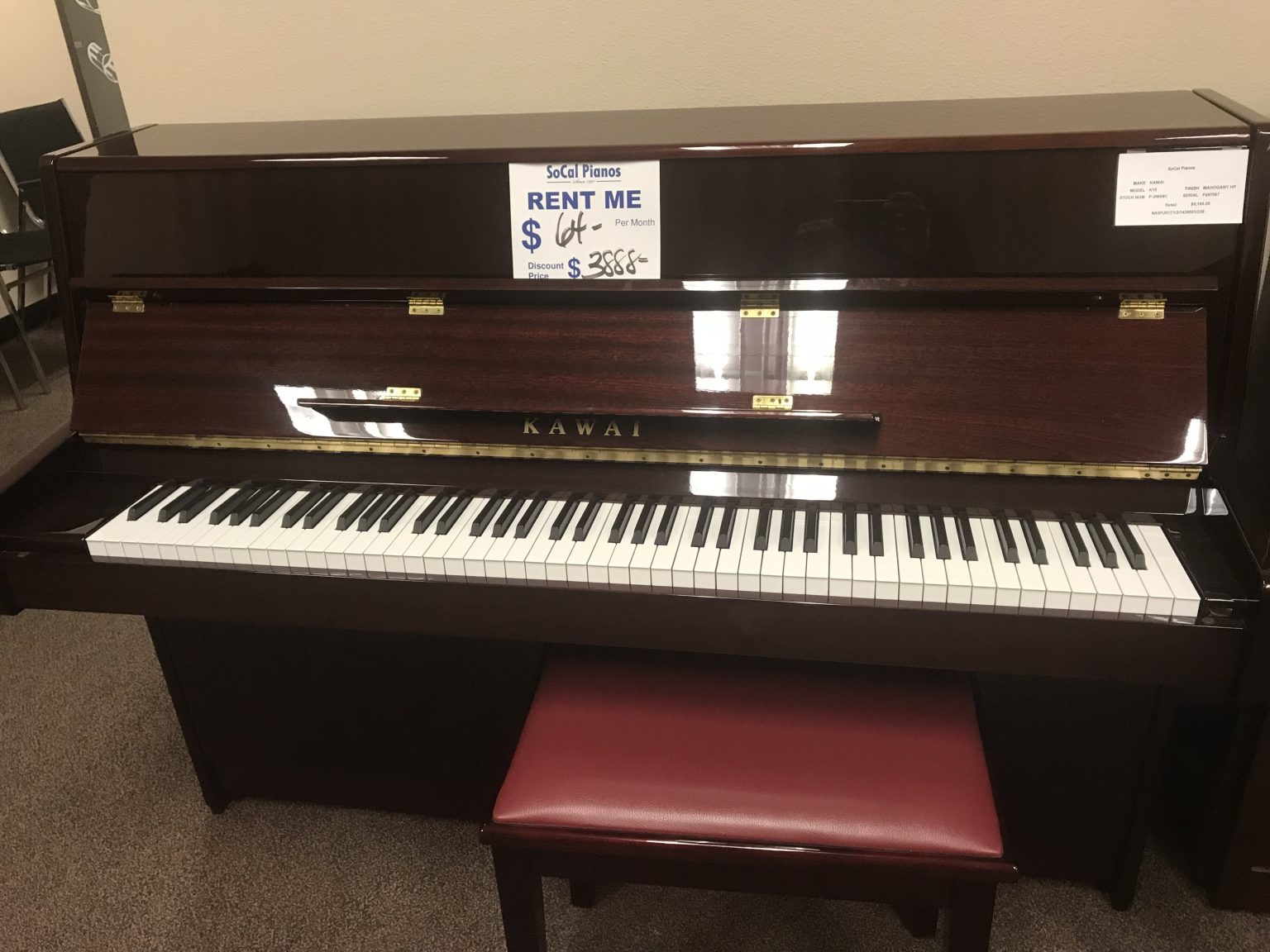

Later, while in Indiana to attend the Kimball University, one of our graduates, Bill Mills of Kent, WA (now retired) dragged me into a bookstore.

Many of the jobs required graduate degrees, most a doctorate degree. Of those eight top “low stress, high pay” professions, piano tuning was the only one that did not require at least a bachelors degree. It was second only to actuary, with an average annual income of $45,780. Of the top eight they discussed in the article, Piano Tuner was number two, with an average income (in 1987) of $43,600. The article focused on careers with low stress which were also high paying. It was clipped from the Los Angeles Times, and was titled “ Rating Low-Stress, High Paying Careers“. I first heard of the book in the summer of 1988, when someone posted a newspaper article on the bulletin board at an PTG Annual Convention.

People considering piano technology as a profession often ask piano technicians how much they earn? I certainly get asked that a lot, as you might expect. The answer varies from person to person and area to area, of course, and people are not always willing to be open about their earnings with people they do not know. However, The Jobs Rated Almanac, first published in 1988, took a lot of the “wonder if” out of these questions, answering them with hard, well-researched facts.


 0 kommentar(er)
0 kommentar(er)
